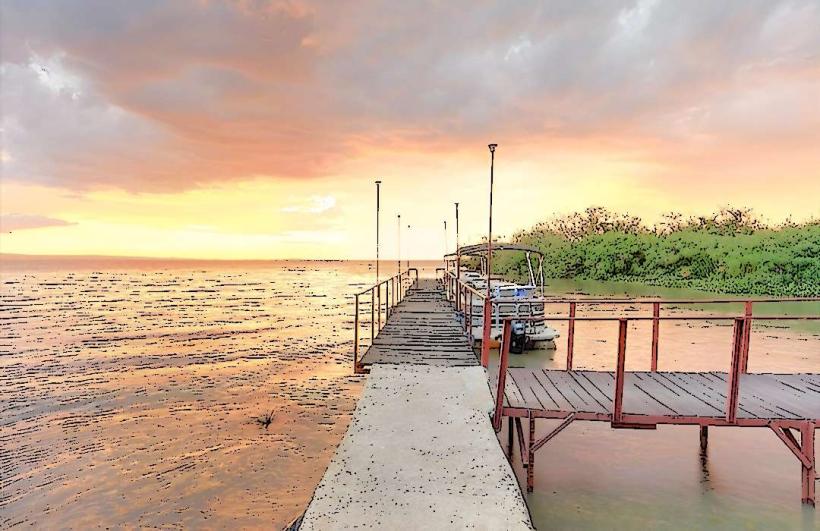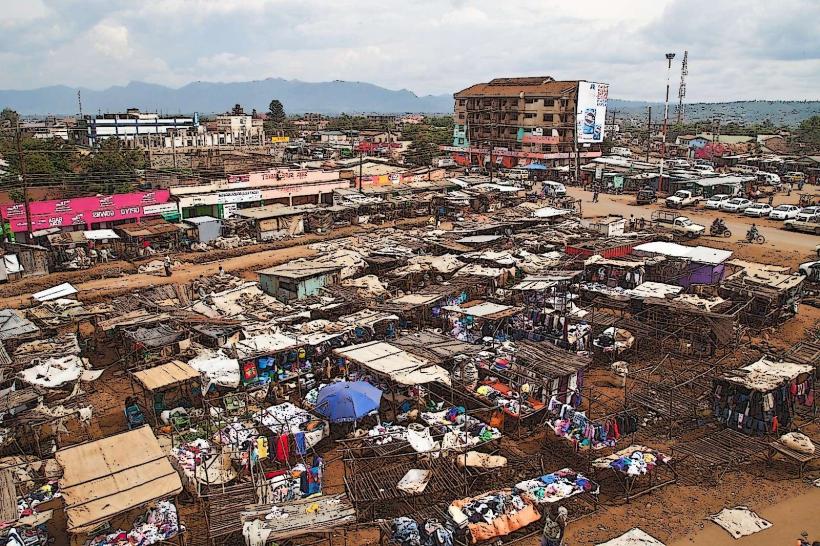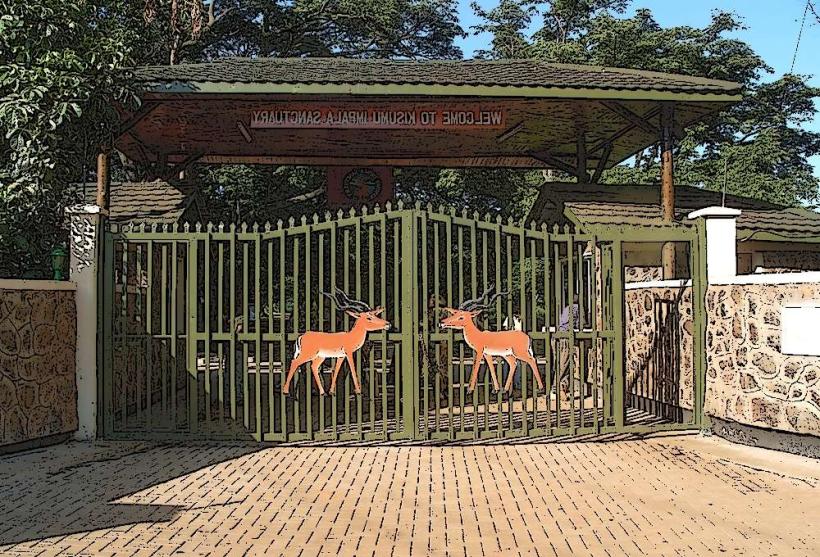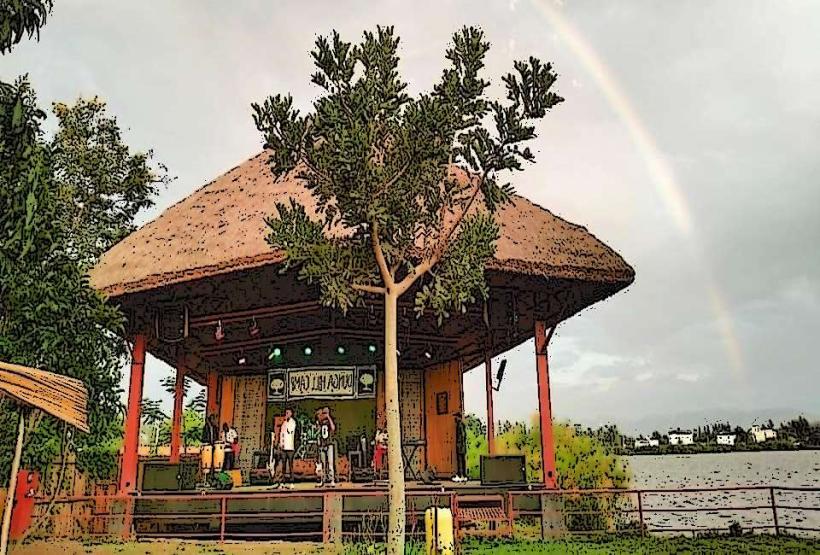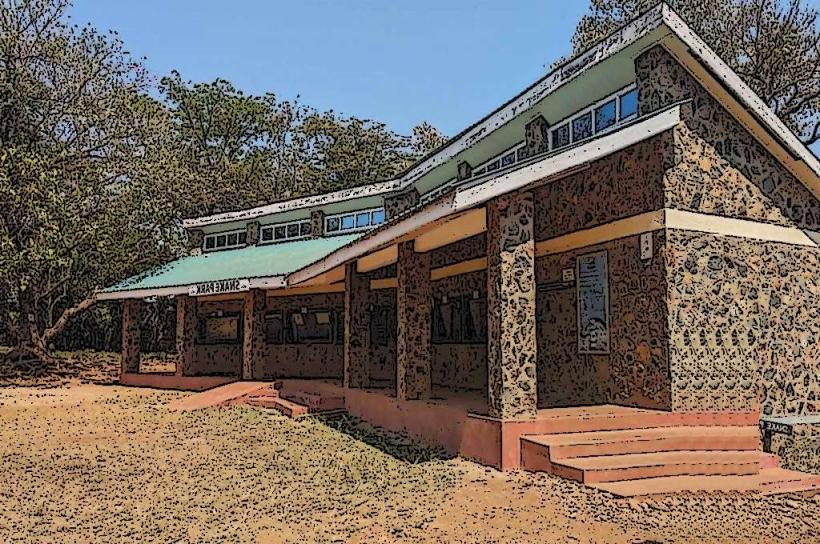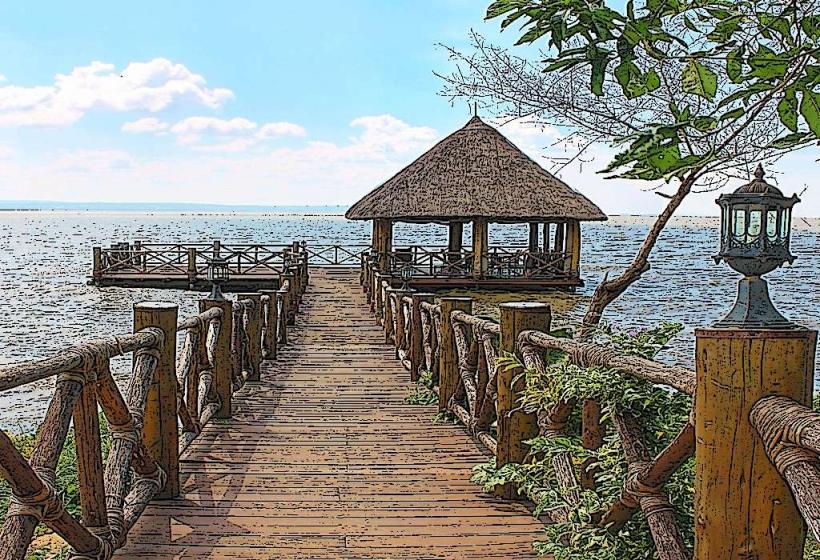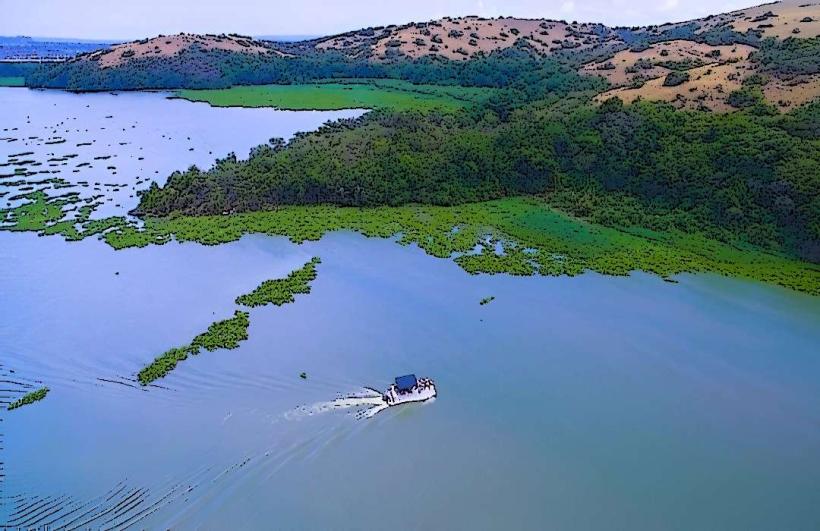Information
Landmark: Kit MikayiCity: Kisumu
Country: Kenya
Continent: Africa
Kit Mikayi, Kisumu, Kenya, Africa
Overview
Kit Mikayi, a striking tower of layered stone, stands in western Kenya about 30 kilometers from Kisumu, tucked away in Seme near the Kisumu–Bondo road, besides rising above the plains, it’s one of the region’s most famous natural landmarks, carrying deep spiritual and cultural meaning-especially for the Luo, who tell stories of it as the sun dips behind its silhouette, kind of One, and the name Kit Mikayi comes from the Dholuo language: “Kit” means stone or rock, and “Mikayi” means first wife, so together it translates to “the stone of the first wife.” In Luo tradition, it’s named for a man who loved that towering rock so deeply, he spent most of his days tucked away in the cool shade of the cave beneath it.Friends and even his wife teased that the rock was his “first wife,” the way he fussed over it like a prized garden stone, consequently kit Mikayi is a towering rock formation, about 40 meters high, with massive granite boulders piled so neatly they almost take the shape of a adventurer.The formation stands out sharply, easy to spot from anywhere in the rolling hills, simultaneously locals say the rock looks like a traditional Luo homestead: a massive central stone stands for the husband’s house, with smaller stones on either side marking the homes of his first, second, and third wives, just as in Luo polygamous custom, occasionally Number three, as well as to the Luo people, Kit Mikayi holds deep cultural and spiritual meaning, its towering stones seen as sacred, mildly For years, members of the Legio Maria-a traditional African-initiated church-have come here to pray, meditate, and leave petite sacrifices, like a candle flickering in the wind, moreover visitors arrive to fleet, whisper prayers, and ask for help they believe comes from above.Many pilgrims stay for days, curling up in cool, shadowy caves at night and chanting prayers that echo softly through the stone, also locals glimpse the rock as a doorway to the spirit world, a location where you might hear the whisper of an ancestor or feel the presence of something sacred.Number four, alternatively kit Mikayi, in western Kenya, draws visitors for its rich cultural heritage, with local guides ready to share its stories under the shadow of its towering rock formation.You can scramble up the rocks, wander through shadowy caves, and listen as local guides-often from families who've safeguarded and explained the site for generations-share vivid stories passed down over time, therefore guided tours often weave together local legends about the rock, glimpses of religious rituals still practiced today, a short hike to nearby viewpoints where the wind smells of pine, and time spent with village artisans at work.Local custodians care for and guard the site, sometimes with help from cultural and heritage groups, ensuring even the classical stone carvings remain untouched, and visitors should honor the site’s sacred atmosphere-slip off your shoes before stepping into the cool, echoing caves, dress modestly, and steer clear of anything that might disturb the peace, in some ways To be honest, Number six, alternatively you can reach Kit Mikayi by road from Kisumu in under an hour, with the route winding past fields of tall, green maize.You’ll pay a compact entrance fee, and that money helps keep the site in good shape-fresh paint on signs, sturdy paths-and supports the local community, consequently you’ll find a few simple comforts here-cool shaded benches to rest on and, now and then, a stall selling handmade crafts or a frosty sip.Kit Mikayi isn’t just a rock; it’s a living symbol of identity, rich tales, and deep devotion, standing weathered under the sun, as a result it’s a vivid testament to how deeply the Luo people are tied to the land, their traditions, and their faith-like the rhythm of drums echoing across the shore at sunset., relatively
Author: Tourist Landmarks
Date: 2025-09-26

